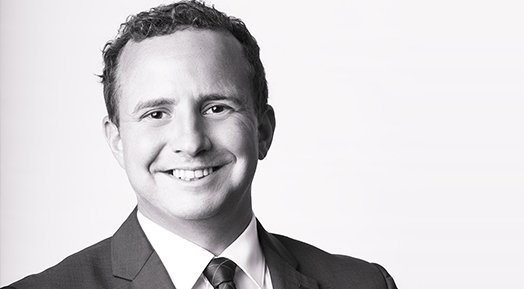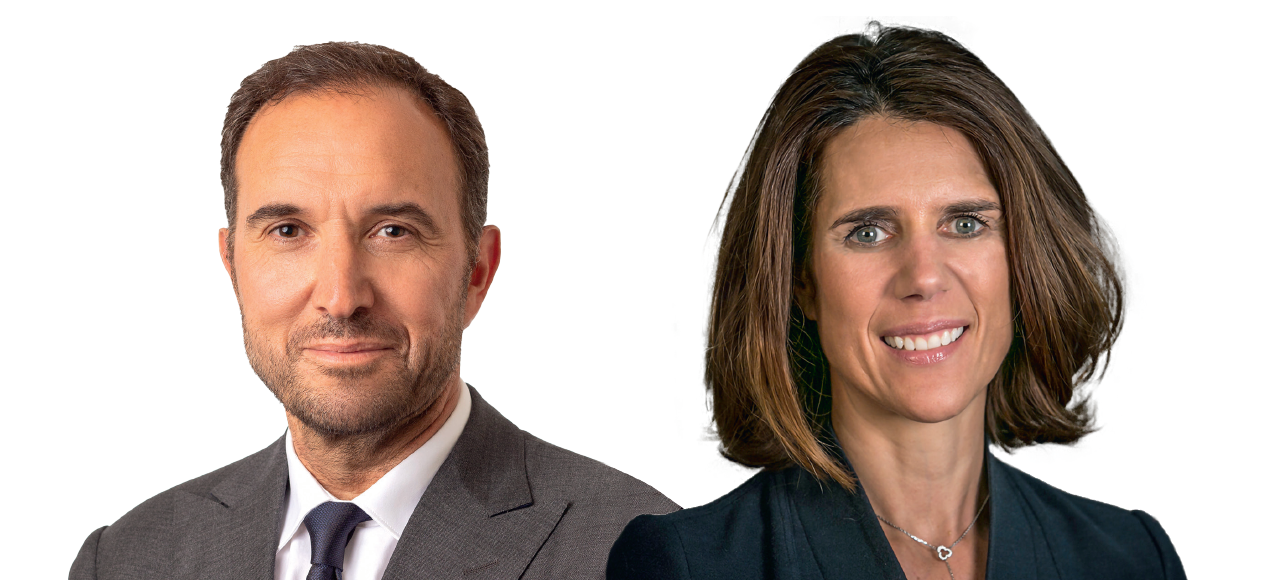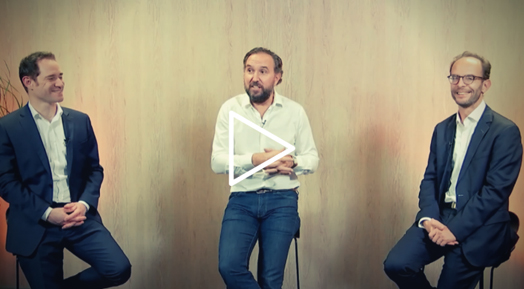INTERNATIONAL CEO AGENDA
How to retain key employees during difficult times?
by Bertrand Thibaut, Employment Counsel at Scotto Partners

In the face of a financial crisis, CEOs must solve an equation: ensure the sustainability of the business while retaining the key managers necessary for the company’s recovery. Such equation can sometimes be challenging; however, it is possible to come up with collective or individual measures that should not impact the company’s economic performance in the short term.
Within a worsening economic climate, many companies are forced to implement reorganization plans. Whether they involve job deletion -in the form of an employment safeguard plan (plan de sauvegarde de l’emploi) or voluntary departure plans- or even pay cuts in return for job retention (collective performance agreements), there is no shortage of restructuring plans. The question then remains as to how in such an environment a company can retain its key employees, in the more or less long term, in order to engage them in its subsequent recovery.
There are, of course, the traditional bonuses or the use of legal mechanisms for employee savings plans (profit-sharing schemes). However, these sometimes prove ineffective. Bonuses require the immediate availability of cash, whereas employee savings schemes underperform in times of economic downturn, given the economic conditions.
Consequently, several retention mechanisms incorporating financial incentives may be appropriate, both for the company and for the employees. Such incentives can encourage key employees not to seek better recompense for their professional merits and individual performance from another employer.
Aligning interests using free shares
Granting free shares of the company may provide a financial incentive. This mechanism entails opening up part of the company’s share capital (up to a limit of 10% of the share capital) to certain selected employees, without any financial consideration.
Moreover, such grant may be immediate, but the beneficiary only becomes the owner of the corresponding shares at the end of a vesting period, which must be at least one year. The beneficiary will only be able to fully dispose of these shares at the end of a lock-up period, which also amounts to a minimum of one year.
If an employee leaves before the end of the vesting period, the shares granted will be forfeited. Vesting may also be subject to the fulfillment of performance conditions. At the end of this lock-up period, the beneficiary may sell the free shares granted to him or her.
This vesting over a period of time contributes in and of itself to the company’s employee retention.
The interest for the employee beneficiary is twofold. On the one hand, the mechanism enables him or her to acquire free shares. On the other hand, it enables him or her to benefit from a particularly attractive social and tax regime.
For the company, the opening of the capital to certain employees makes it possible, from the initial granting of the shares, to align the interests of the beneficiary with those of the company without affecting its cash position.
Phantom Stocks
In the event, however, that the opening of the capital is impossible or undesirable, the employer may consider allowing its teams to share in the company’s financial performance through the granting of “Phantom Stocks” or “virtual shares”.
This is a long-term incentive plan that closely resembles a free share plan, but without any actual share being granted. In other words, beneficiaries are given free “performance units”, i.e., the right to receive a sum of money.
The grant of the units is followed by a vesting period, during which certain conditions must be met. For example, the employee must satisfy a condition of continued employment or certain individual or collective performance metrics must be met, such as a return to a pre-Covid 19 EBITDA level or the completion of a transformation plan. However, while this mechanism also aligns the interests of the company and the beneficiaries, no favorable tax or social security regime can be applied to Phantom Stock. The amount thus received by the beneficiary will be fully subject to social security charges and income tax.
In addition, while the company may unilaterally choose the employees eligible for the free share plan and Phantom Stock (unlike the profit-sharing plans, which must benefit all employees), when choosing beneficiaries particular attention must be paid to compliance with the principles of equal treatment and non-discrimination.
Golden parachute: securing a departure over a specific period of time
Finally, in addition to these schemes linked to collective performance, the retention of a key employee over the long term could also take the form of a contractual commitment (such as a contractual severance package known as a “golden parachute”). At the end of this commitment, and in the event of dismissal other than for willful misconduct or gross negligence, the employee may receive a severance payment corresponding to a number of months’ salary (between 6 and 12 months, for example).
By securing his or her departure conditions beyond what is provided for by law, the employee will be less inclined to take the risks inherent in a new challenge offered by another employer. For, while an opportunity may seem more attractive, the loss of seniority he or she has acquired in the company or the trial period applicable to a new employer are all factors that cannot be entirely offset. In this sense, the use of these mechanisms, if done carefully, will make it possible to avoid any windfall effect.
In addition to a well-defined human resources management policy (training, skills development, internal promotion, and more), these tools are certainly elements that make it possible to retain and motivate the best people in the company and, moreover, over the long term.


